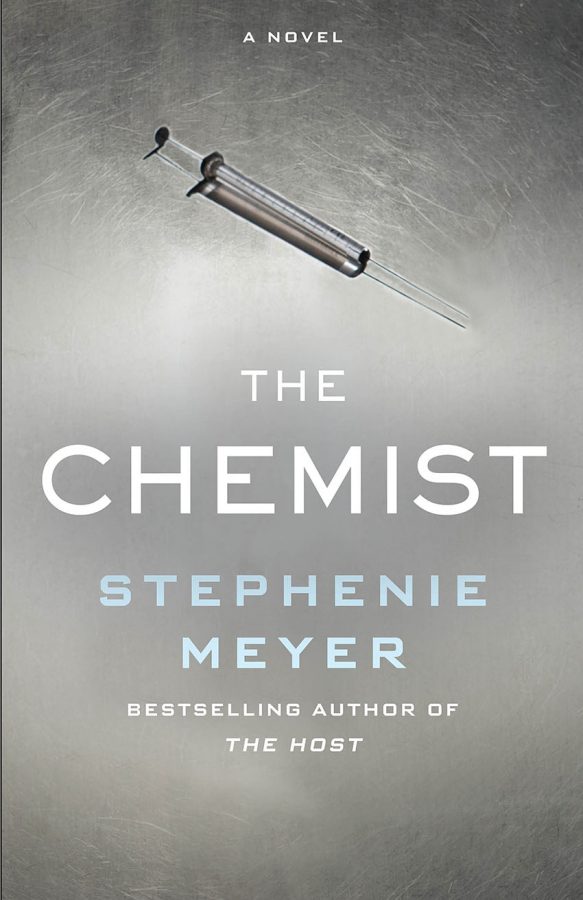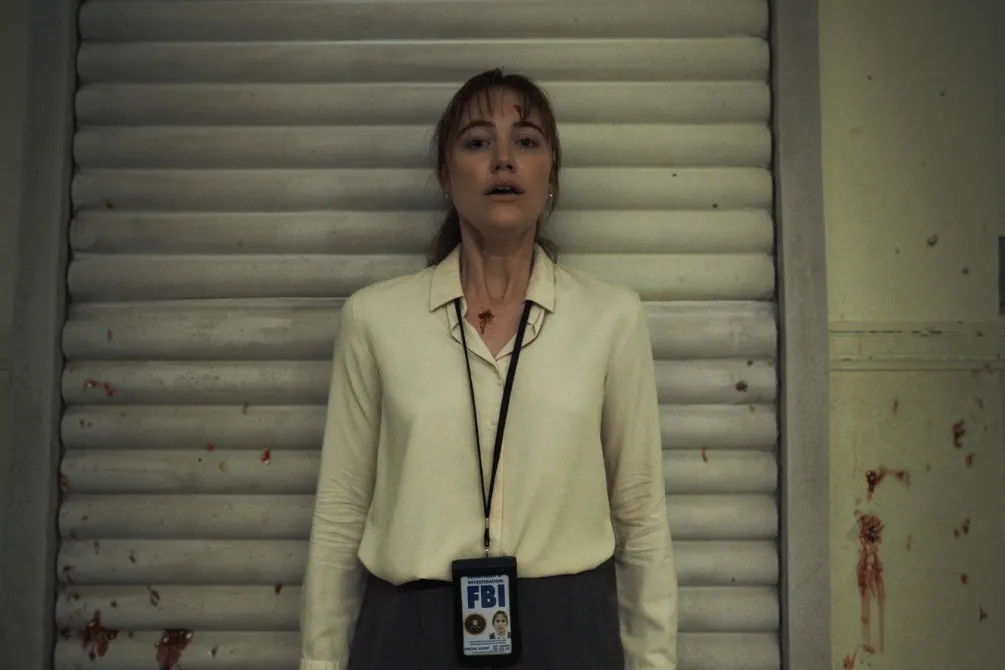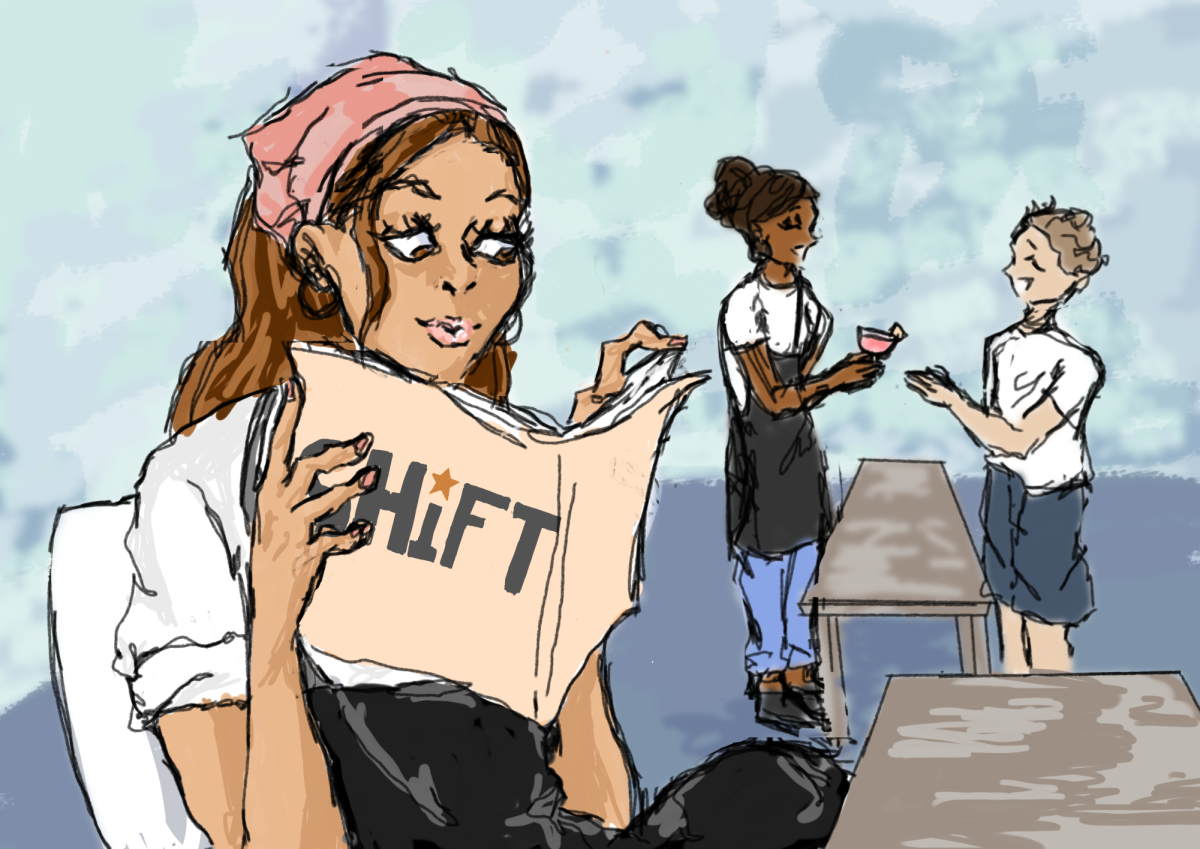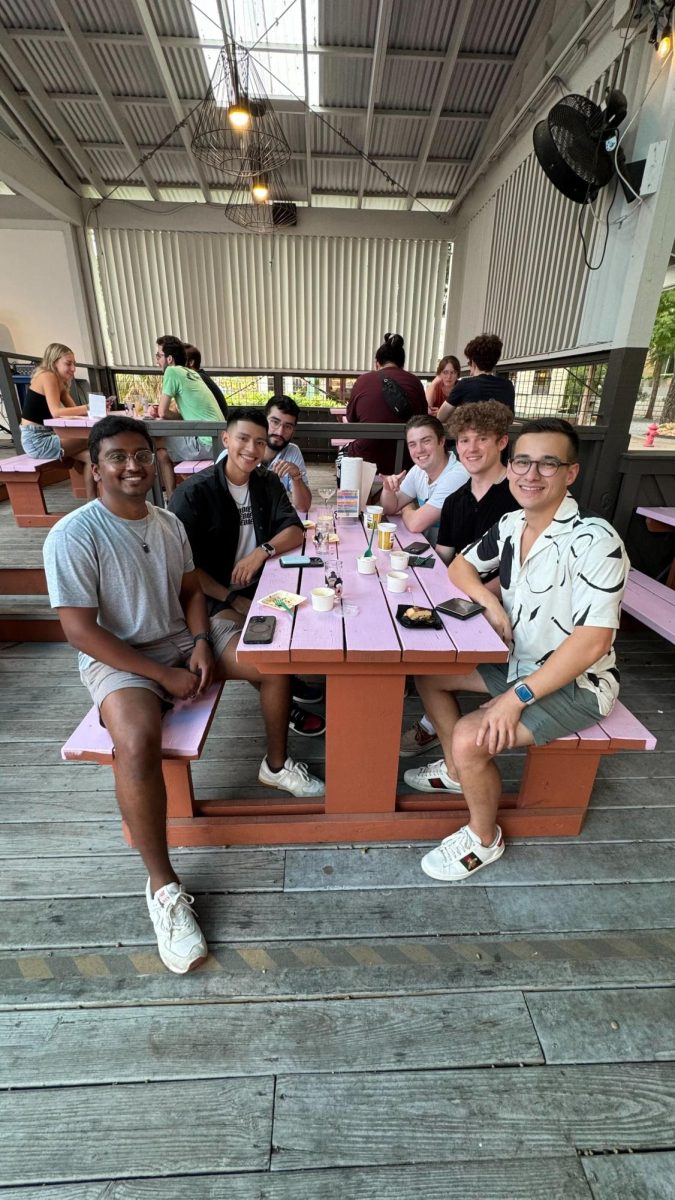Juliana Fortis, scientist, super-genius and torturess extraordinaire, lived a life on the run until she met a man whose affection put both their lives in peril.
The plot sounds like a stock story for a spy movie — originality has never been Stephenie Meyer’s forte — but “The Chemist”’s predictable twists and turns provide a fun ride nonetheless.
“The Chemist,” Meyer’s first venture into fiction since her 2008 novel, “Breaking Dawn,” is devoid of the supernatural appeal of the “Twilight” series and her alien invasion story “The Host.” Though this departure shows Meyer’s range, it’s evident she hasn’t forgotten the signature elements of her writing style.
Comparing “The Chemist,” a stand-alone book, to Meyer’s previous work may not be fair, but her fame and legacy warrant an explanation. A review of “The Chemist” without considering “Twilight” would be like reviewing Taylor Swift’s 1989 without mentioning Speak Now — and Meyer is undoubtedly the Taylor Swift of young adult fiction.
The book’s heroine, Juliana, is considerably less intolerable than Bella of “Twilight.” Whereas Bella was a feminist’s worst nightmare — dependent, whiny and dim-witted — Juliana (the chemist) needs no man to defend her. When her former employer plans to take her out, formidable quick-wittedness and skill with deadly toxins are the only tools Juliana needs to defend herself. Later in the book, when she seeks to retaliate against those who tried to kill her, these abilities make her a dangerous force to be reckoned with.
In spite of Meyer’s apparent epiphany of girl power, she doesn’t appear to have grown much as an author. And in some ways, she has grown weaker.
The romantic chemistry in this novel feels just as artificial as anything a scientist could brew in a lab. The central romance in the novel between Juliana and a Joe Shmo teacher, Daniel, is hardly a natural pairing.
One of the primary conflicts in the novel revolves around the issue of a man being a liability to a powerful woman. Imagine if the dynamic between James Bond and one of his bimbo girlfriends was explored for over 400 pages — it’s exhausting.
The lesson is this: You can’t satisfy boredom with the cliché damsel-in-distress trope by simply swapping genders.
Meyer deserves snaps for bringing this progressive dynamic to a genre which often depicts women in need of saving, but she evidently forgets to make the duo’s mutual attraction believable. Someone as strong as the female protagonist needed a romantic interest as dynamic and compelling to match.
Meyer’s saving grace is her ability to hook readers with a heroine who’s relatable to the person they see in the mirror. Juliana’s struggle to overcome her cold nature and reconcile it with the warmth of the world around her is one readers can identify with, and her multi-racial background (Korean, Hispanic and Welsh) encompasses a large portion of her readership.
At its heart, this novel offers little more than cheap thrills. As long as you don’t hold it up to more than that, “The Chemist” puts out.
Ultimately, Meyer reiterates her ability to capitalize on young women’s craving for excitement and their disdain for high stakes. With “The Chemist,” parched readers once again get their fix in the form of a character through whom they can vicariously live a thrilling life.
“The Chemist”
- Author: Stephenie Meyer
- Genre: Mystery Thriller
- Rating: 2.5/5















